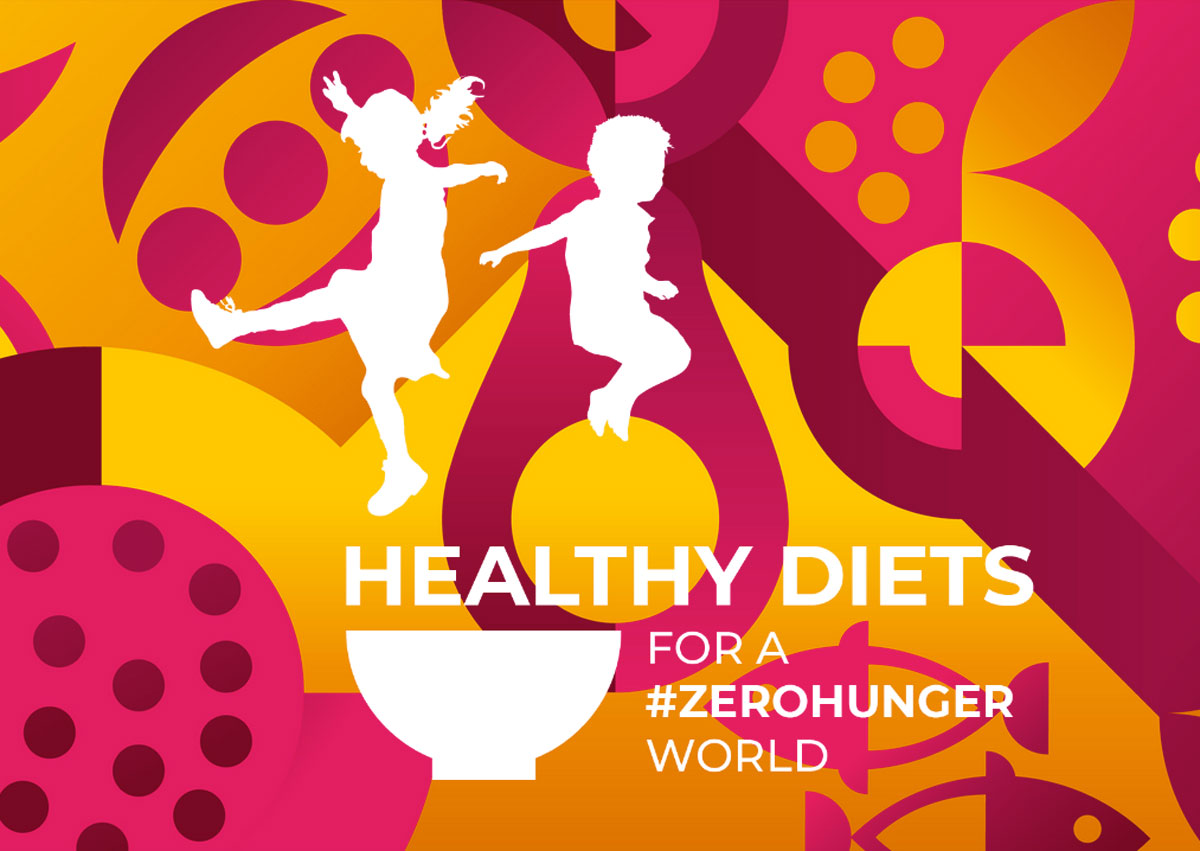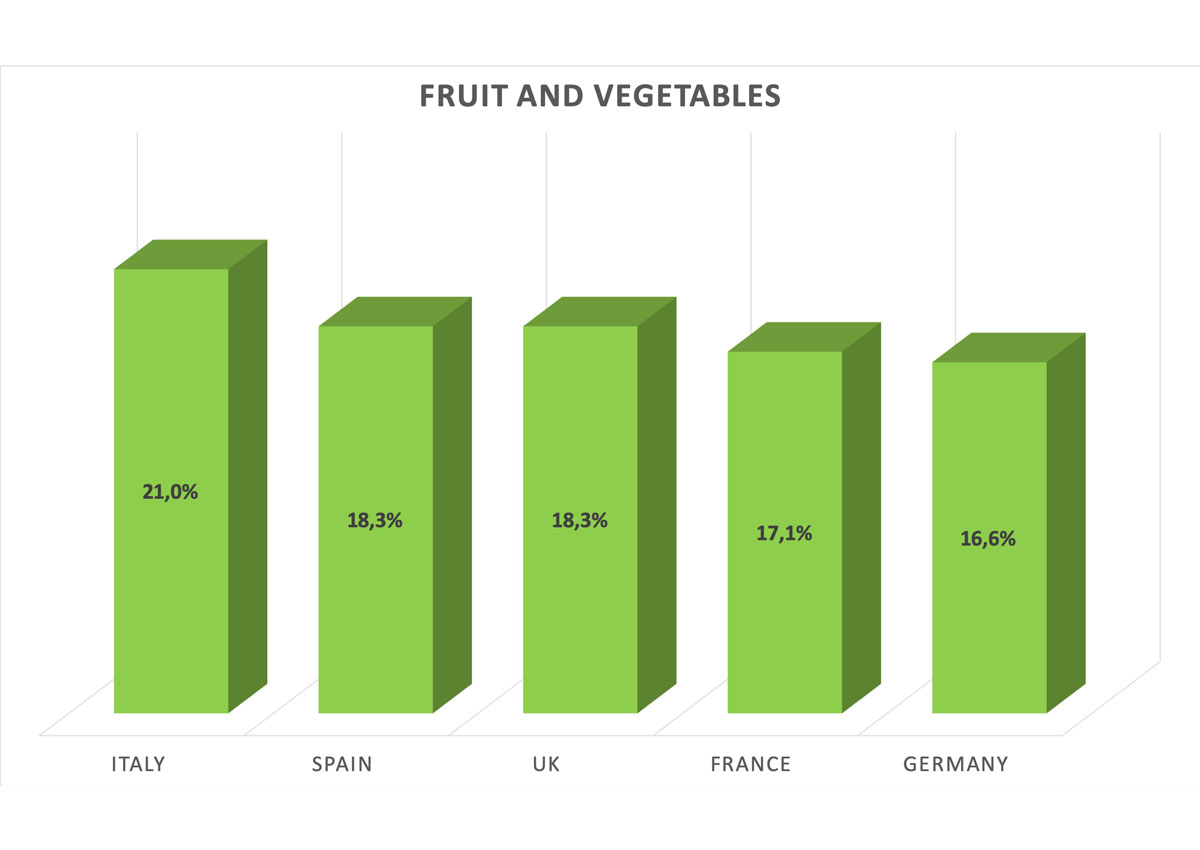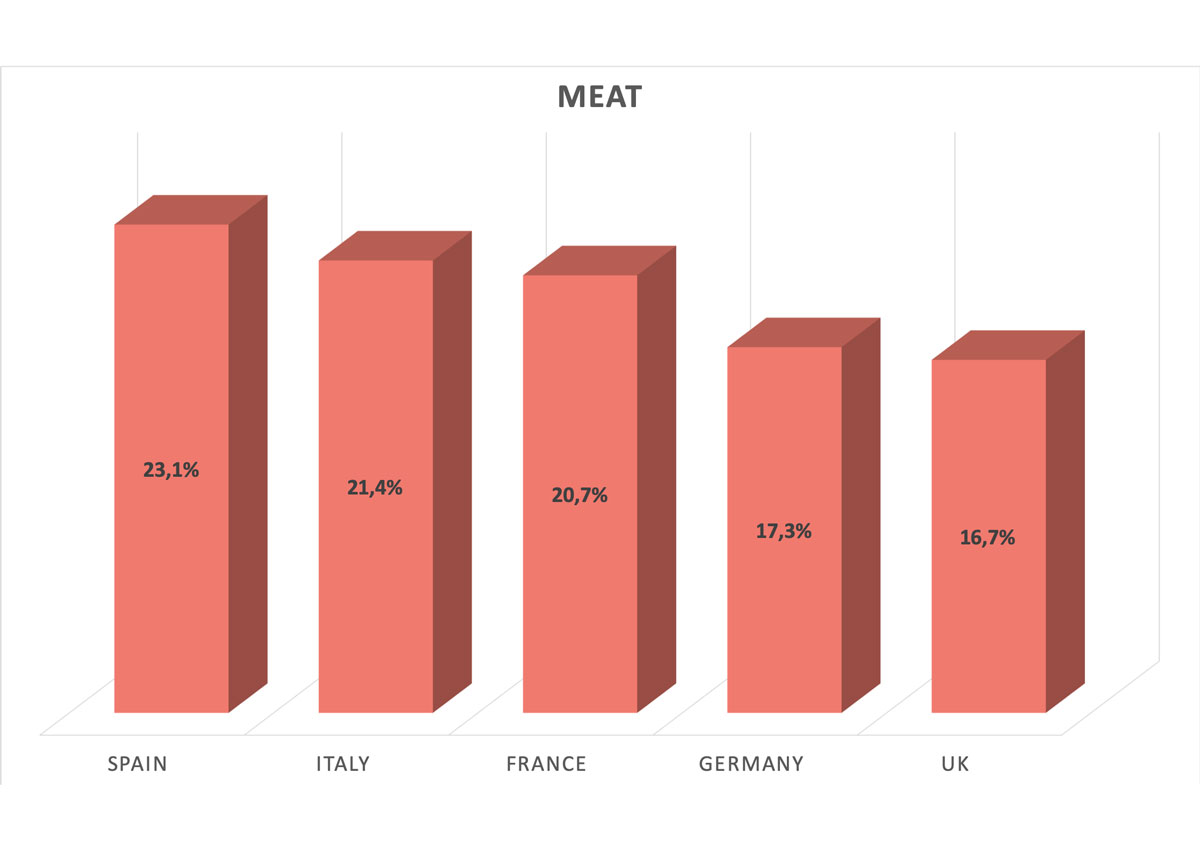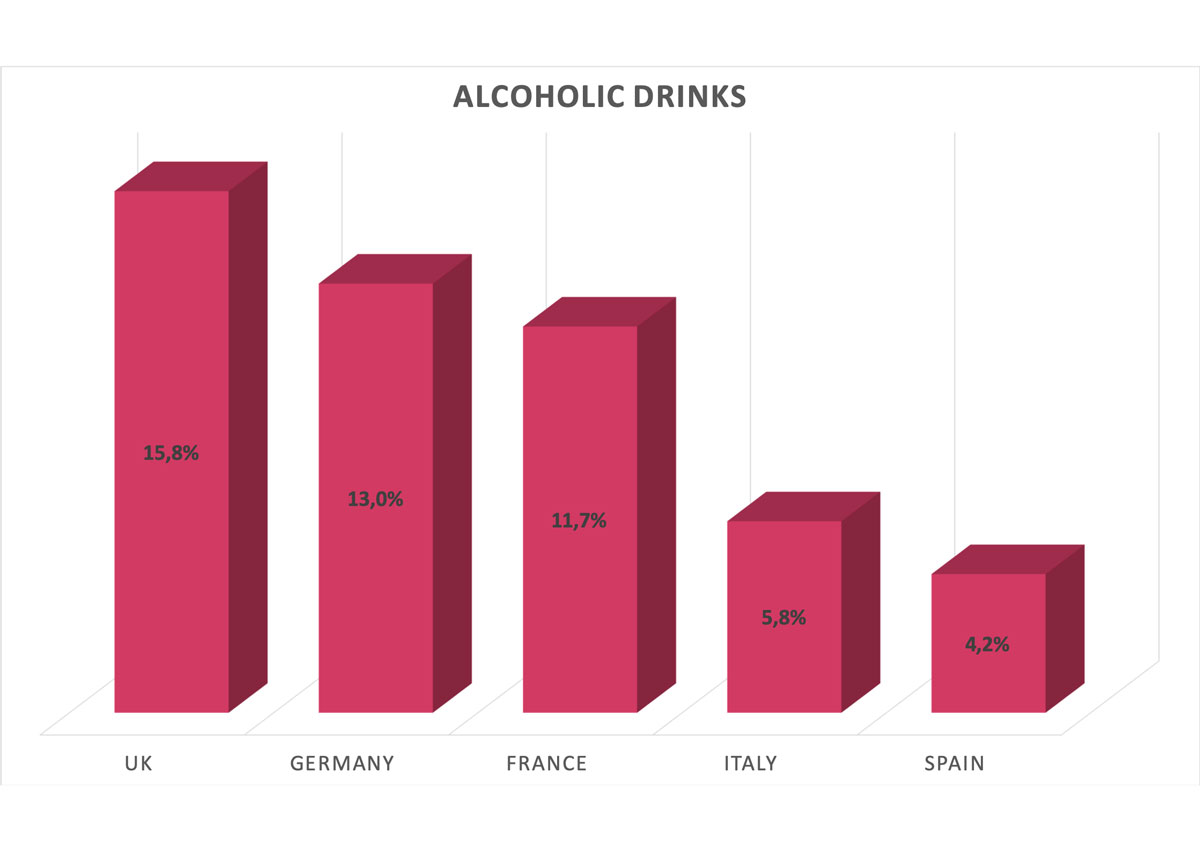
Collective action across 150 countries is what makes World Food Day one of the most celebrated days of the UN calendar. Hundreds of events and outreach activities bring together governments, businesses, NGOs, the media, and general public. They promote worldwide awareness and action for those who suffer from hunger and for the need to ensure healthy diets for all.
This year, the World Food Day coincides with the 74th anniversary of the founding of FAO. Today, government leaders and key global players in the drive to achieve healthy diets and Zero Hunger were joined by the UN Rome-based Agency Heads at the global World Food Day ceremony held at FAO (Food and Agriculture Organization) headquarters in Rome. The World Food Week 2019 coincides with the 46th session of the Committee on World Food Security (CFS).
WORLD FOOD DAY AND MEDITERRANEAN DIET: A HEALTHY EXAMPLE…
On 18 September in Rome, the FAO turned the spotlight on the Mediterranean Diet, a virtuous example of a diet that perfectly balances taste and nutritional values. On this occasion, the new Director-General, QU Dongyu, launched the “Mediterranean Diet’s principles for Agenda 2030” project. It is a series of scientific studies on the Mediterranean Diet, which will develop over the next few months to end in the autumn of 2020, the tenth anniversary of the inclusion of the Mediterranean Diet in the UNESCO list of intangible cultural heritage of humanity.
The “Declaration on the Alliance for the promotion of the Mediterranean Diet principles for Agenda 2030” was also presented, which sees 10 countries of the Mediterranean basin (Croatia, Egypt, Greece, Italy, Jordan, Morocco, Portugal, San Marino, Spain and Tunisia) working together to promote the principles of the Mediterranean Diet at an international level. Italian F&B industries association Federalimentare was also present, as always when it comes to fight for the Mediterranean Diet to be given the right value at a global level.
“Already in 2017 – explained the president of Federalimentare Ivano Vacondio – Bloomberg’s Global Health Index had ranked Italy first out of 163 countries for longevity and quality of life. An important recognition that shows us how ‘our’ diet, although born in the Mediterranean basin, can be a model to be exported and a tool able to provide an adequate response to the need to feed a growing world population. In fact it is a balanced and functional diet, in line with the sustainable development of the food supply chain without neglecting the standards of food safety and quality.”
F&B EXPENDITURE: THE TOP EUROPEAN COUNTRIES

Source: Eurostat
F&B EXPENDITURES BY COUNTRIES AND CATEGORIES





Source: Eurostat
… FOR FOOD EXPORTS AS WELL
The Mediterranean Diet’s food model is appreciated all over the world, as demonstrated also by the record of Made in Italy food exports which reached 41.8 billion in 2018 according to Italian farmers association Coldiretti analyses. This elixir of long life that was also recognized with the inclusion in the list of intangible cultural heritage of humanity by UNESCO on November 16, 2010. The Mediterranean diet has been classified as the best diet in the world this year on the basis of the best diet ranking by the U.S. News & World Report.
THE ROLE OF ITALIAN FOOD AND DRINK INDUSTRY
The Italian food and drink industry is aware that it plays a leading role in the prevention of non-communicable diseases and obesity and is strongly determined to make its contribution. In fact, in terms of health and lifestyle, it has been doing its part for some time, both by collaborating with institutions and non-governmental organizations that are active on these issues, and by voluntarily making concrete and stringent commitments, particularly with regard to improving the nutritional characteristics of food products.
Since 2005, it has placed on the market:
- more than 4,000 “reformulated” products, in which ingredients whose excessive consumption is not in line with a healthy and balanced diet (e.g., salt, sugar, fat) have been progressively reduced or eliminated, and new ones, in line with current nutritional models (functional foods should also be considered among the new products, which combine nutritional value with a beneficial effect on the body);
- more than 3,500 products have been portioned, reducing their unit quantity and energy density.
Overall, the Italian food and beverage industry has invested almost 1 billion euros (source: Federalimentare) in food education, product reformulation and portioning, promotion of physical activity, nutritional labelling, food marketing, and prevention of risky behaviour.
